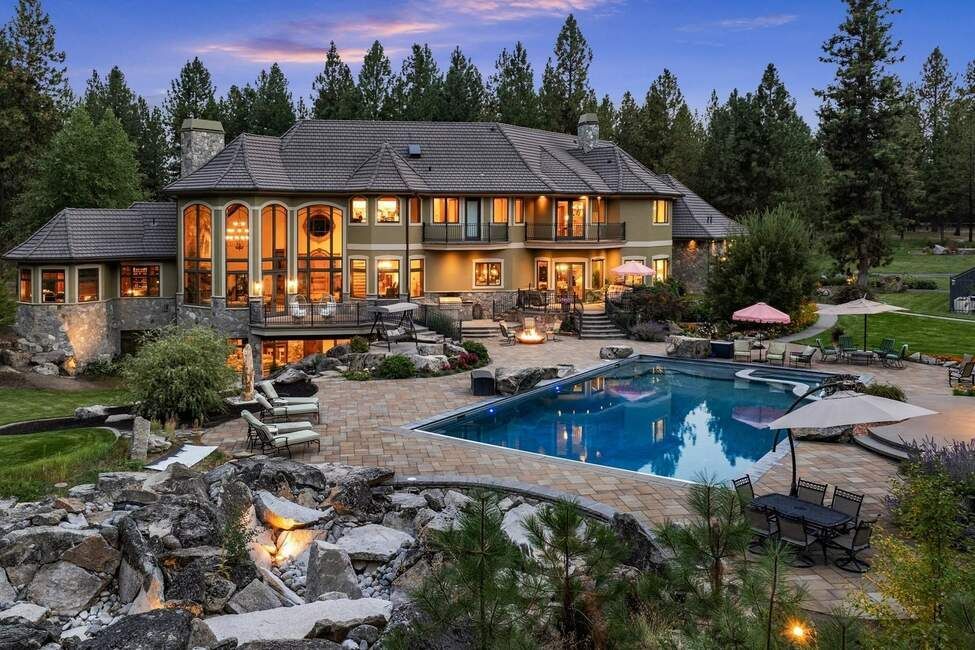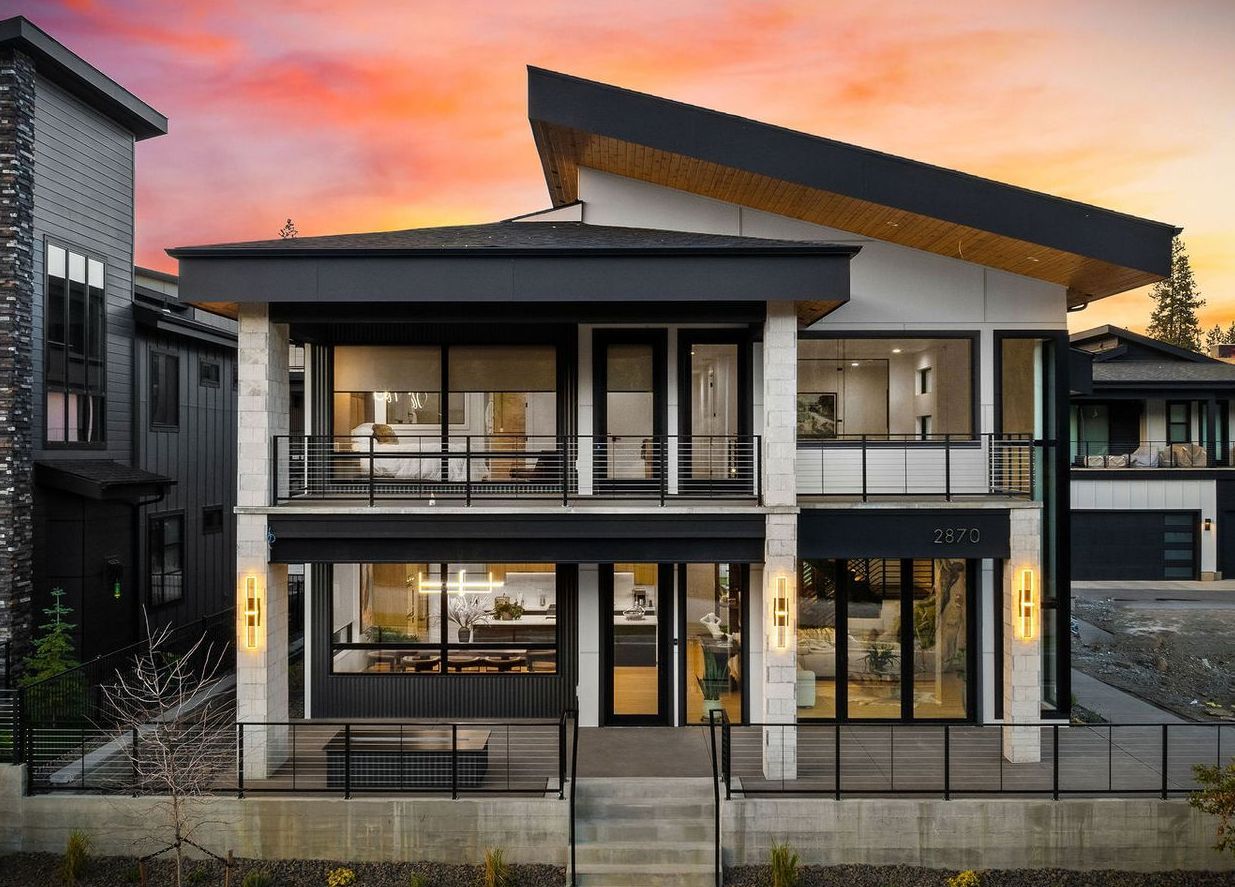The Art of Home Staging: When to Stage Your Home for Sale and When to Skip It
Is Staging the Right Move for Your Home Sale?
When to Stage Your Home
Selling a home is a significant milestone, often involving a mix of excitement, stress, and crucial decision-making. One of the critical choices you'll face is whether to stage your home or not. Home staging, the practice of strategically arranging furniture and decor to enhance a property's appeal, can be a powerful tool in the selling process. However, it's not always the best choice for every situation. Here’s a comprehensive guide on when to stage your home for sale and when it might be better to skip it.
1. To Make a Strong First Impression
First impressions matter, especially in real estate. Potential buyers often form an opinion about a property within the first few seconds of seeing it. Staging can help create a positive and lasting first impression by highlighting the home's best features and creating an inviting atmosphere.
2. In a Competitive Market
In a hot real estate market where multiple properties are vying for buyers' attention, staging can give your home a competitive edge. Professionally staged homes tend to stand out in listings, attracting more potential buyers and potentially leading to quicker sales.
3. When Your Home is Vacant
Empty homes can feel cold and uninviting. Staging fills the space with furniture and decor, giving buyers a better sense of how rooms can be utilized and making the property feel more like a home. This can be particularly important for properties with unconventional layouts or smaller rooms.
4. For Online Listings
Most buyers start their home search online, where high-quality photos are crucial. A staged home photographs better, creating more appealing online listings that can attract more showings. Professional staging can make rooms look more spacious, brighter, and more welcoming in photos.
5. To Highlight Unique Features
If your home has unique or special features, such as a cozy reading nook, a beautiful fireplace, or a spacious patio, staging can help highlight these elements. Professional stagers know how to draw attention to a home's best assets, making it easier for buyers to envision themselves living there.
When Not to Stage Your Home
1. In a Seller’s Market
In a seller's market, where demand outstrips supply, homes often sell quickly regardless of their condition. In such scenarios, staging might not be necessary as buyers are more likely to compromise on aesthetics. Spending money on staging might not yield a significant return on investment.
2. When Budget Constraints Are Tight
Staging can be costly, especially if it involves renting furniture, hiring a professional stager, or making cosmetic improvements. If your budget is tight, it might be better to focus on essential repairs and improvements that can directly impact the home's value and marketability.
3. If Your Home is Already Updated
If your home is already in excellent condition with modern finishes, tasteful decor, and a neutral color palette, staging might not be necessary. In such cases, a thorough cleaning and decluttering might be sufficient to make your home appealing to potential buyers.
4. When Personal Touches Are a Selling Point
In some instances, personal touches and unique decor can be a selling point, especially in niche markets. If your home has a distinctive style that aligns with the tastes of your target buyers, it might be best to showcase it as is. For example, a quirky loft in an artistic neighborhood might benefit from retaining its eclectic charm.
5. Time Constraints
Staging takes time, from planning and execution to the actual staging process. If you're in a rush to sell, it might be more practical to focus on quick fixes and improvements rather than full-scale staging. In such cases, a clean, well-maintained home can still attract buyers without the need for professional staging.
Ready to Move Ahead?
Deciding whether to stage your home for sale depends on various factors, including the current market conditions, your budget, and the unique characteristics of your property. While staging can enhance your home's appeal and potentially lead to a quicker sale at a higher price, it's not always necessary or cost-effective. Carefully weigh the pros and cons based on your specific situation to make the best decision for your home sale.
Sometimes the cost is what deters a home seller from staging or your home may be attractive to out of area buyers who may want to purchase turn-key. If this is the case, look for staging companies that allow you to pay at closing and allow the buyer to purchase the furnishings. Contact Us today for more information on the best options to stage your home and a free staging consultation.














